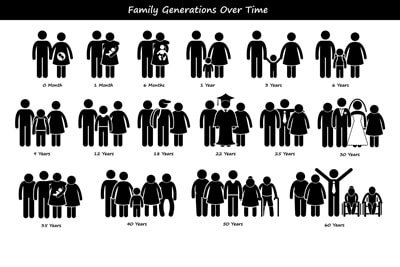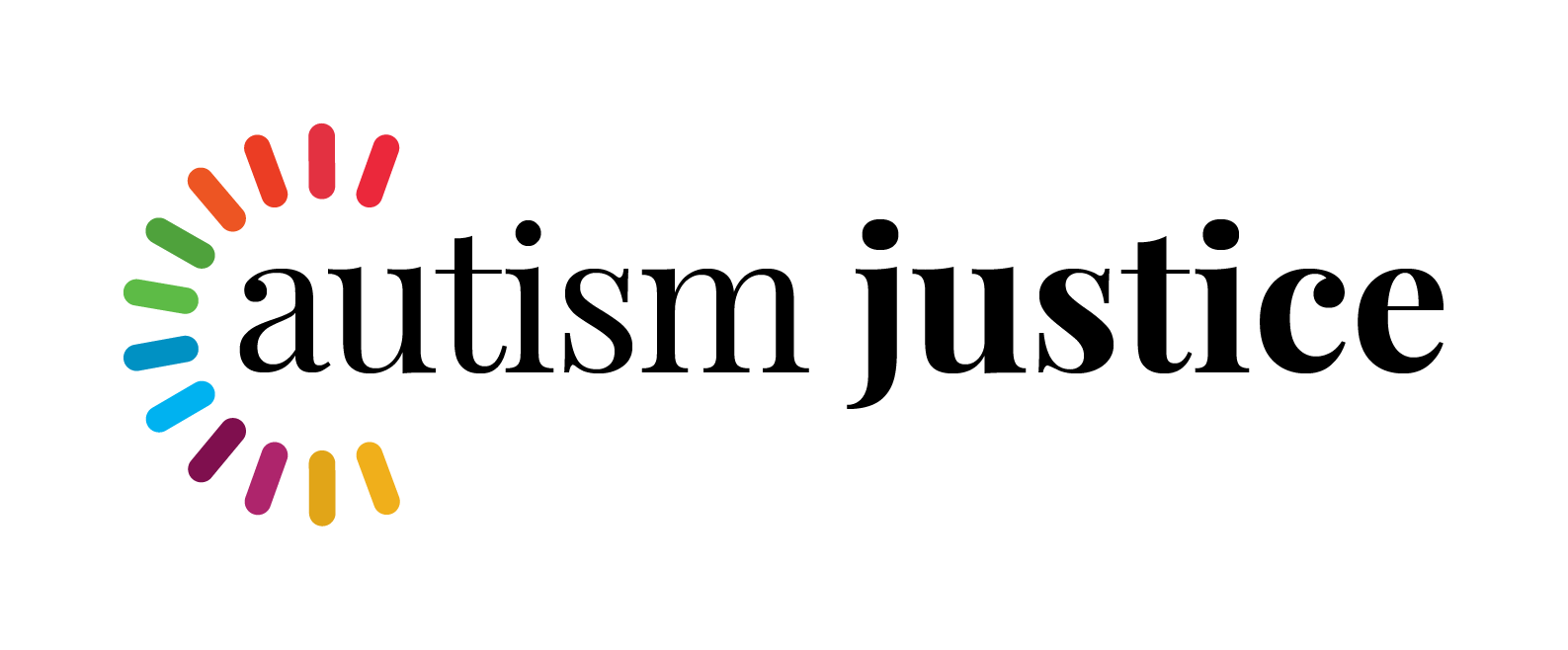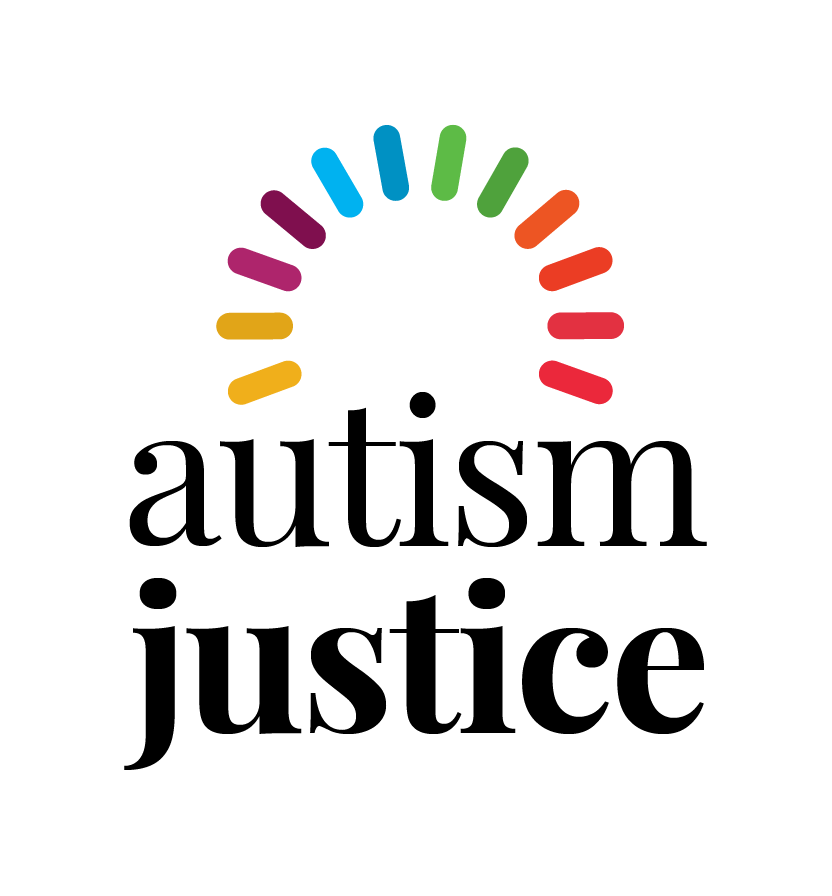
A comprehensive estate plan can be relatively simple or extremely complex, depending on the nature of your assets and family dynamics. At a minimum, a complete estate plan usually includes a Will, a power of attorney for finances (general power of attorney), and an advance directive for health care. It may also include several trusts or business entities. In today’s environment, it likely includes a review of beneficiary forms for life insurance and retirement accounts. It should also include long-term care insurance.
Estate planning also encompasses end-of life-planning. As such, estate planning is an opportunity to make your wishes known and determine who is responsible for carrying out your directives. You are able to state your preferences concerning the type of care you receive, what types of medical care you do, or do not, want to receive. You can authorize someone to act as your agent in carrying out your wishes. If you do not plan ahead, then there will be confusion concerning your wishes; there may be disputes among family members concerning who will serve as your decision-maker. If you fail to plan ahead, your wishes will not be known and someone else will determine what type of care you receive.
In preparing an estate plan, it is essential that all of your assets are considered. You should do a complete inventory of all that you own before contacting your estate planner. Your estate consists not only of your home, your car, and your bank accounts. Your estate also includes the value of life insurance policies, investments that you may own (including those held in joint tenancy with other persons), your IRA’s and other retirement accounts, and any other assets over which you can exercise control. It is extremely helpful for you to have a centralized and secured record of all of your financial accounts, insurance policies, credit cards, debit cards, loan accounts, safe deposit box, and account IDs and passwords. Our clients have access to a secure online “vault” where important documents can be stored.
If you do not leave a Last Will and Testament, your assets will be distributed according to the laws of intestate succession in your state. There are laws in each state governing the rights of creditors, surviving spouses, heirs, and next of kin in the absence of a Last Will and Testament.
In planning, it is important to consider who will act on your behalf during your lifetime and who will act for your estate after your death. You should consider not only who will receive your estate (your beneficiaries), but their circumstances and whether they require special protection. For example, gifts to beneficiaries with creditor problems should be placed in a spendthrift trust. Gifts to beneficiaries with a disability should be placed in a special needs trust.
The Elder Law Practice specializes in comprehensive estate and trust planning for middle class families. We help those concerned with:
- Giving the kids “too much” or at the “wrong time”,
- Losing assets in a divorce (yours or a child’s), to drug dependency, law suits,
- Medicaid and public benefits planning, and
- Disability and special needs planning.
We do not do tax planning so we associate tax counsel when high net worth individuals retain us to plan their estates.
























